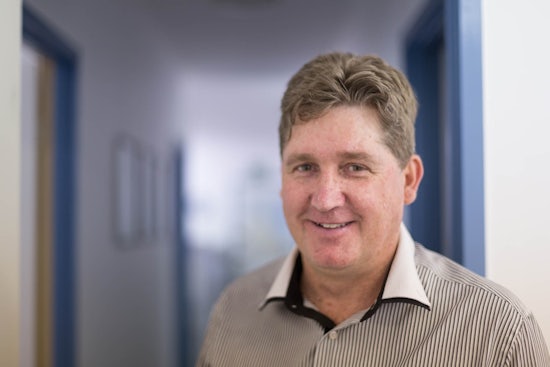Alzheimer’s breakthrough welcomed by providers
Not for profit provider of aged care, Churches of Christ Care, has welcomed the discovery by University of Queensland (UQ) researchers of a drug free approach to treating Alzheimer’s disease.

Bryan Mason, director of seniors and supported living, claims the breakthrough by UQ researchers provides an interesting prospect for providers and those living with Alzheimer’s disease.
DPS News reported the Alzheimer's disease research breakthrough last week.
Churches of Christ Care provides a range of aged care to thousands of seniors everyday and operates the Centre of Excellence in Dementia Care in Brisbane.
Bryan Mason, director of seniors and supported living, claims the breakthrough by UQ researchers provides an interesting prospect for providers and those living with Alzheimer’s disease.
“The potential to use non-invasive ultrasound technology as a way of treat early Alzheimer’s disease and restore memory is very exciting,” Mr Mason says.
“This aligns quite well to our thinking that quality of life is not just to live, but to live an abundant life.”
The innovative UQ approach breaks apart the neurotoxic amyloid plaques that result in memory loss and cognitive decline for many thousands diagnosed with Alzheimer’s.
Alzheimer’s Australia reports that in 2050 there are likely to be 7500 new cases of dementia each week in Australia and Alzheimer’s disease accounts for between 50% to 70% of all dementias.
“Dementia is a terminal disease that severely affects memory and activities of daily living. While this breakthrough is significant for future generations, we still need to focus on providing the best quality of life and care for people within the aged care sector,” he says.
“From our prospective we will continue to promote a ‘positive wellbeing’ approach to care,” he adds.
This approach aims to enhance people’s capacities and capabilities rather than focusing on disabilities. Within this model older people, including those living with dementia, are viewed as an individual with the right to enjoy the best possible quality of life.
“We recognise that residents living with dementia make up a large proportion of our clientele but with the ageing population, even with future research findings and treatments, we foresee that there will still be a demand for aged care services.
“What these services look like may be different from what currently is available, however, our active involvement in research, our rigorous quality improvement initiatives and university partnerships will ensure we continue to provide high quality aged care services.”
“Additionally, we are incorporating validated tools to rigorously understand resident preferences and monitor our ability to meet these preferences. This implicit understanding of resident preferences will provide residents with a voice in guiding our strategic plans into the future,” he says.






















